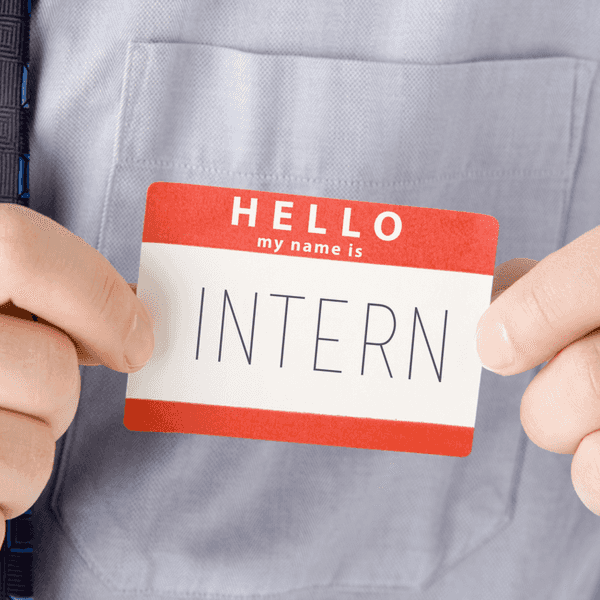Recently, I attended a panel held by the marketing club at school with the topic of personal branding. As expected, most of the attendees were from the School of Business. However, this is an important topic for everyone — especially if you're graduating soon. After all, what are you doing when applying for jobs if not selling yourself and your story?
The panel consisted of five local businesspeople who work in marketing advertising in Colorado Springs, Colorado. There was one who worked for a local firm, another who managed the marketing and advertising for a brewing company, one gentleman worked in marketing and communications for a large hospital network, one woman was the president and co-founder of a local advertising firm and lastly, one was the CEO and founder of his own SEO (search engine optimization) company. Clearly, this panel was made in hopes of drawing in marketing students, but these people all have experience in creating their own personal brand, and that is why it has become important to share what they shared with us that night.
The first thing they talked about was what they were doing now to build their brand. The key theme between all five panelists was to find something you're passionate about, and then be consistent both online and off with who you want to present yourself to be. You can then use this passion to align with jobs you may want in the future. Also, know what you're talking about. Do your research, read about topics you're interested in and share your knowledge with others. Building relationships now is important and it could help you find a job in the future.
A lot of the panelists also stated that optimizing your LinkedIn profile is a great way to network and potentially find a job. However, it's important that you stand out. Use keywords or phrases, the same way you would on a resume. Don't be generic or use templates, be creative. Then, use LinkedIn to reach out to who you want to connect with.
They next spoke about failures or stumbling blocks that they overcame and how they did so. Some key takeaways from this was that it's important to slow grow, or to grow organically. Don't rush into something when you're not confident about it. After all, confidence is key. Many financial analysts often share this as well: don't spend unless you have. One of the panelists started his company and didn't expand without having the profit to do so accordingly. This has left him debt-free and still growing now.
A few more key points from this panel:
Be a storyteller. Don't be afraid to share who you are and what you know. Use your past experiences to make yourself stand out.
Be ready to answer questions like 'Why you? What do you bring to the table?' Make yourself stand out and don't be the same as everyone else who is applying for this job.
Be strategic with your social media. Employers don't only look at LinkedIn, they also look at Facebook, Twitter and other places where you have social media presence.
Finally, be prepared. Do your research on the company before you go into an interview. Have questions for the interviewer and be ready to tell them exactly why you want to work there. An interview is not only them interviewing you. You are also interviewing them to make sure that this is the company you want to work for.
A quote that was shared by one of the panelists was, "When your heart is in the right place, no mistake is ever fatal."





















